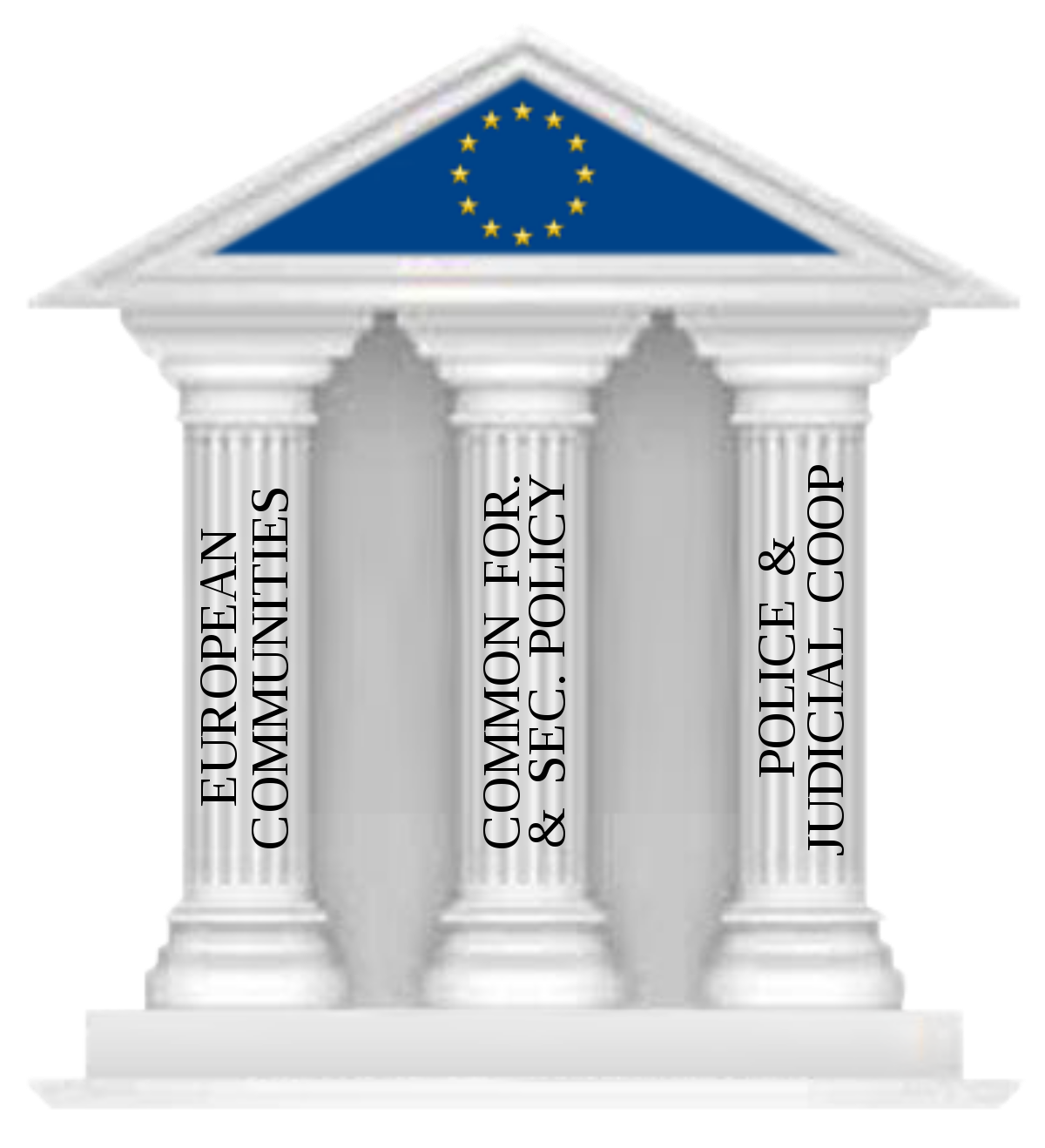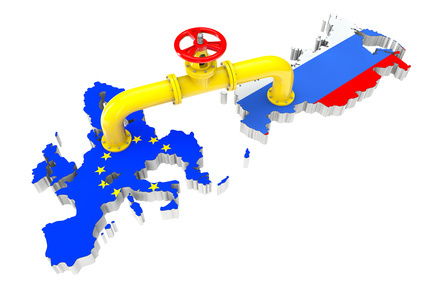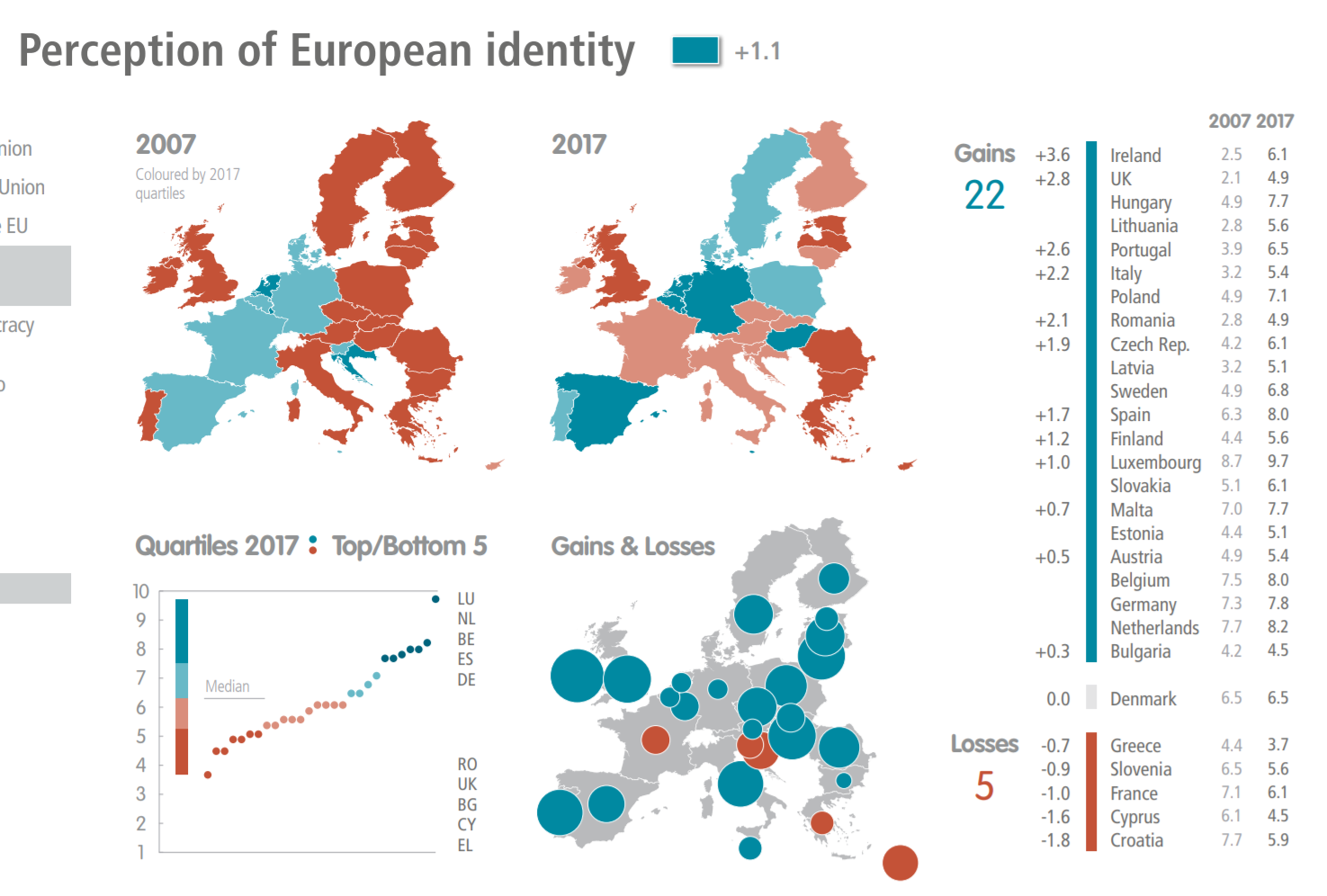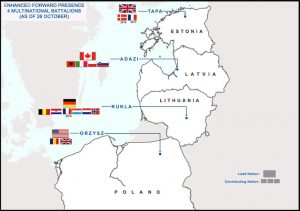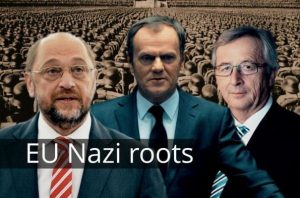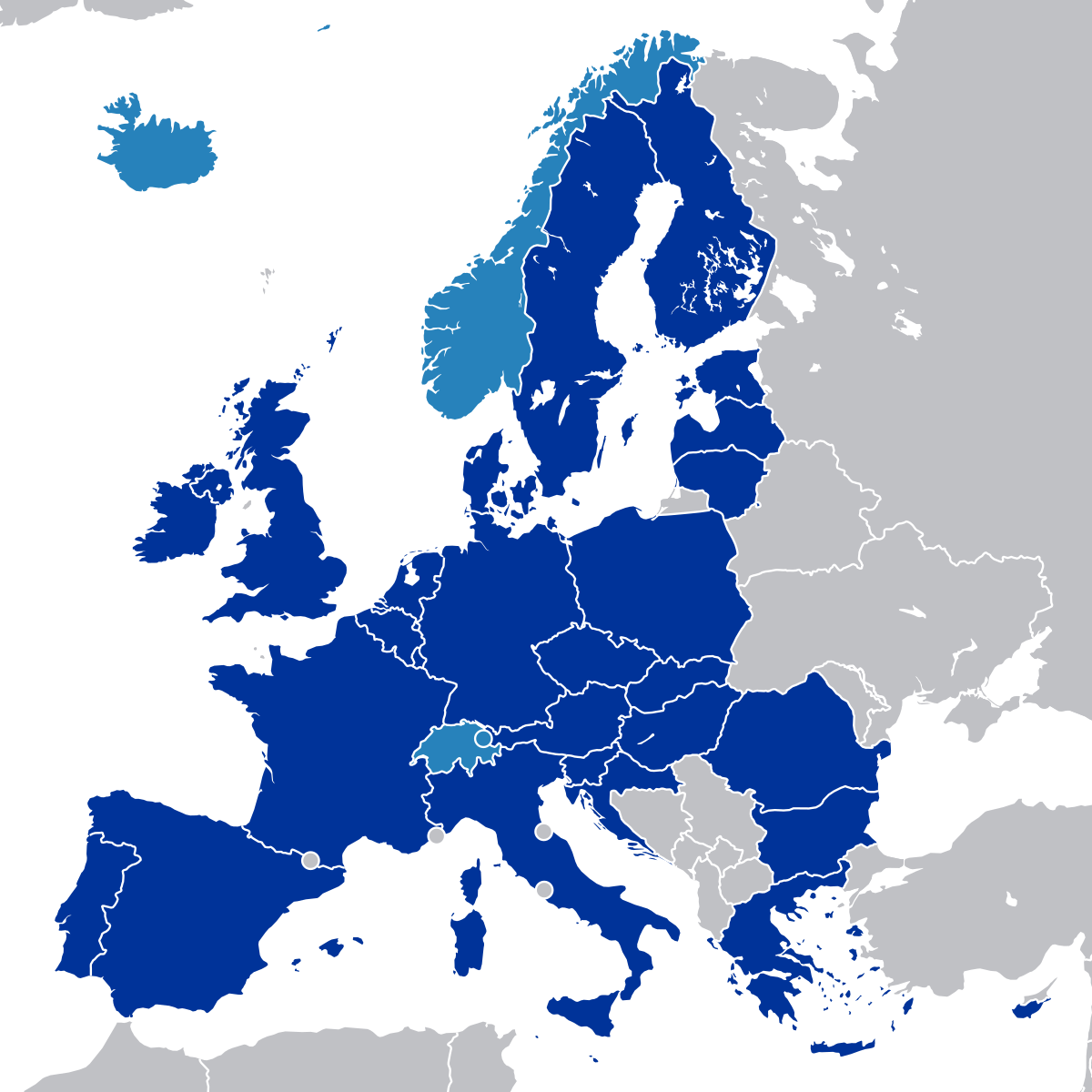
Views: 174
A Franco-German axis
An Intergovernmental Conference (IGC) is the formal procedure for negotiating amendments to the founding treaties of the EU. Under the treaties, an IGC is called into being by the European Council and is composed of representatives of the Member States, with the European Commission, and to a lesser degree the European Parliament which as well as is having participates.[i] However, the functioning of the IGC has long been provided by a real leader of the EU which is a Franco-German axis although its strength has historically varied and its nature seems to be changing. This did not differ much in the case of the 2002 Convention on the Future of Europe, partly because it did not replace the IGC as an institution and, in fact, it took place in the shadow of the following IGC, i.e., the veto power of the Member States. It is, therefore, no surprise that the bargaining space, i.e., the set of settlements potentially acceptable to the Convention on the Future of Europe, was bounded by the positions and bottom lines of the most powerful Member States and that the very salient issues were firmly kept under their control. Once concrete issues were put on the table, the representatives of the national Governments loyally defended their interests – as did most of the national MPs nominated by the Governments. By the autumn of 2002, they started to build coalitions and invoke their veto in the pending IGC. The other members, anticipating the IGC, adapted their behavior to this constraint.
Not only did the Member States take the lead, but at the same time, the MPs were largely ineffective. The political parties were unable to develop coherent visions and positions, except in a few specific instances, for example, related to symbolic ideological gains (ex.: the “social market economy” for the socialists). But the big parties only had a superficial unity and on most issues were unable to overcome their divisions and build coalitions beyond the status quo. For most representatives, the party’s political or component identity was not the primary determinant of their positions in the Convention on the Future of Europe. They saw the role of the party’s groups as channels to exchange information rather than forums to coordinate positions.
Thus, the Convention on the Future of Europe was overall – particularly in institutional and policy issues – not radically different from the IGC and much of its end-game was dominated by the kind of hegemonic compromises that have characterized EU politics since its inception.
The Franco-German “Dual EU’s Presidency”
The Franco-German compromise was put forward by the two countries on the occasion of the 40th anniversary of their bilateral friendship (Élysée) treaty in January 2003. Shortly before presenting their joint institutional proposals, in October 2002, France and Germany replaced their Government representatives with their Foreign Ministers increasing their political weight in the Convention on the Future of Europe. Germany did not defend the rotating Presidency but sought to strengthen the power of the European Commission. Although the Franco-German compromise was not formally put on the agenda of the Convention on the Future of Europe it generated widespread opposition and immediately became a focal point for subsequent debates. The contribution included the controversial creation of what became referred to as a “Dual EU’s Presidency” with a permanent European Council, the President elected from amongst its members, and a directly elected Commission President by the EP. The permanent Chairs would also be created for Foreign Affairs, Ecofin, the Eurogroup, and Justice and Home Affairs (the JHA).
From the outset, France and Germany relied upon a number of resources that were instrumental in turning their proposal into the focal point. First and most importantly, they found a crucial ally in Valéry Giscard d’Estaing (the President of France in 1974−1981) who reacted favorably calling their compromise “a positive proposal [that is] going in the right direction (…) guaranteeing the stability of EU’s institutions”. He was personally much closer to the Franco-German compromise than to the Benelux proposals and sensitive to the British position which – while supporting the permanent European Council Presidency – was initially skeptical about the election of the European Commission President. His detractors recalled the fact that he had become the Chair of the Convention on the Future of Europe on the insistence of J. Chirac, T. Blair, and German Chancellor Gerhard Schroeder. In addition, he “created” the European Council in 1974 and would, therefore, naturally want to make it the apex of the European system. They pointed out, furthermore, that this dual presidency set-up resembled the peculiar French political system in which the President is the “leader of the nation” and the “ultimate arbitrator of the national interest”, while the Prime Minister heads the Government. Finally, they argued that his two foremost goals have been to support the claims of big countries and to weaken the European Commission. His defenders, in turn, retort that this only appeared to be the case because he tried to ensure that “his” Constitution would not be radically altered by the IGC, and therefore the most powerful Member States. Whatever the motivation, at some point before the official tabling of the draft articles on institutions, he chose to take sides and support the idea of a permanent European Council Presidency.
V. Giscard’s and the Presidium’s support were crucial because its composition, functions, procedural control, and operating style gave it the necessary legitimacy and influence to shape the outcome of the Convention on the Future of Europe. V. Giscard had ample room for maneuvering. During the first three months, the members were invited to present their views on the EU and listen to civil society associations. On this basis, V. Giscard presented what he called an issue-specific “synthesis” reducing the scope of the discussion, and set up working groups on controversial topics to study the subject in-depth. Finally, after the reports of the working groups had been discussed in plenary sessions, the Presidium presented actual draft articles to the Convention on the Future of Europe which was supposed to mirror the substance of working group reports and reactions of the plenary sessions. Members then suggested amendments leading to revised proposals by the Presidium. But, crucially, while the Convention on the Future of Europe was supposed to remain sovereign in this process, the Presidium acted as the interpreter of the dominant view and was the sole drafter of the actual text presented to the floor. V. Giscard fully exploited his formal and informal powers assuming the major directing and leadership role. As D. Allen finds, he
“monopolized reporting of the work of the Convention to both Member States and the public”, “it was usually Giscard’s or Kerr’s summary of proceedings that formed the ongoing basis for further negotiation”, and he cleverly “created controversies (…) or negotiating positions that were designed to be conceded in return for consensus on more important items”.[ii]
In fact, it was V. Giscard who determined that no voting would take place in the Convention on the Future of Europe, that a single text would be agreed upon rather than options proposed, how consensus and the majority were to be defined, and when a consensus existed. This gave him much leverage to steer the result toward his most preferred option. Crucially, as his definition of consensus rested essentially on the Member States’ population size rather than the number of the Member States, the Franco-German compromise guaranteed a dominant position in the drafting process.
Support of a permanent European Council President
The UK’s and Spain’s support of a permanent European Council President (they advocated an even stronger President than the Franco-German compromise did) was a second key resource. In addition, Italy supported a strong “Mr. Europe”.[iii] Once onboard, the countries which supported the idea of a permanent Presidency represented the largest part of the European population – as V. Giscard pointed out in various interviews. Before the plenary, he argued that the EU now comprised three categories of states:
- The four largest ones, with a population of more than forty million inhabitants each, together, amount to 74% of the EU population.
- Eight medium-sized countries, with a population between 8 and 16 million people each, represent 19% of the population.
- Eleven small states, together, only include 7% of the population.
Some weeks later, at the Athens European Council, he explicitly drew the consequences of this analysis: since those who reject the idea of a permanent President for the European Council only represent a quarter of the EU’s total population, they should not be allowed to prevent the formation of a consensus (which in V. Giscard’s mind seemed to mean a very large majority). With such an argument, V. Giscard contradicted the principle of equality among conventioneers he had supported so far.[iv]
It is also noteworthy that Spain was amongst the Presidium’s three Government representatives. So was Denmark, which was the only country not to join the small country camp in their defense of the rotating Presidency. In addition, it proved difficult for the small to split the big country coalition promoting the permanent Presidency. Thus, the big country camp remained strong – the only wedge appeared on the European Commission’s composition when Spain and Poland, joined quietly by some new members, started waging a “give Nice a chance” campaign towards the end. This position later explained the difficulties of the IGC and the failure of the December 2003 Brussels Summit.
A third resource on which the Franco-German axis could rely was its past reputation and legitimacy. As F. Cameron argues, the EU as a whole has usually reaped beneficial results from the Franco-German initiatives – a prominent example being the European Monetary Union (the EMU).[v] Particularly, Germany had in the past frequently defended small state interests and the legitimacy of the Franco-German compromise was enhanced as – apart from the Presidency – it contained important elements that were in line with small state suggestions. The election of the European Commission President by the European Parliament, for example, reflected Benelux’s suggestions and had broad support in the Convention on the Future of Europe. Crucially, the British position evolved in this regard. Apparently, its traditional opposition to replacing the European Commission’s President chosen by the Member States with an elected one could be traded off against the “strategic prize” of a stronger leader representing EU’s Governments on the world stage. As Peter Hain, the British Government’s representative put it to his Parliament:
“in the end, there will have to be an agreement and a necessary process of adjustment by all parties. We have, for example, been willing to look at, with certain very big safeguards, electing the Commission President through some method, provided that does not involve being hostage to a particular political faction and provided that the outcome is one that the Council can accept. So it is not something we sought and we remain deeply skeptical about it, but if, as part of the end game, getting an elected President of the Council, which is very much a priority for us, involves doing something with the Commission President with those very important safeguards that I mentioned, then that is something that we might have to adjust to”.[vi]
Moreover, a consensus had emerged on the double-hatted Foreign Affairs Minister as included in the Franco-German proposal and supported in the autumn by a narrow majority in plenary even if the precise division of tasks (in particular in terms of external representation) between the European Council’s President and the proposed European Foreign Minister in charge of the EU’s Common Foreign and Security Policy were unclear under the Franco-German plan and remained so in the Convention on the Future of Europe’s draft treaty.
Conclusion
To sum up, the strategy on which France and Germany relied was fourfold:
- Uniting their resources to provide direction in the Convention over the EU’s future institutional set-up.
- Fully exploiting its positional resources such as access to and support by the Convention’s Chairman and its Presidium in order to move its proposal into the dominant position.
- Bringing the UK and Spain on their side.
- Inducing the smalls to make concessions on the permanent Presidency in return for an elected European Commission President and the Minister of European Foreign Affairs.
Ex-University Professor
Research Fellow at Centre for Geostrategic Studies
Belgrade, Serbia
www.geostrategy.rs
vsotirovic@yahoo.com
© Vladislav B. Sotirović 2022
Personal disclaimer: The author writes for this publication in a private capacity which is unrepresentative of anyone or any organization except for his own personal views. Nothing written by the author should ever be conflated with the editorial views or official positions of any other media outlet or institution.
[i] Wikipedia.
[ii] D. Allen, “The Convention and the Draft Constitutional Treaty”, F. Cameron (ed.), The Future of Europe, London: Routledge, 2004.
[iii] The Guardian, January 24th, 2003.
[iv] About the general issue of the European politics, see more in [Maria Green Cowles, Michael Smith, The State of the European Union, 2000].
[v] F. Cameron (ed.), The Future of Europe, London: Routledge, 2004, 12.
[vi] Peter Hain, Interview in the European Affairs Committee of the House of Commons, March 25th, 2003.
Originally published on 2022-11-05
Origins of images: Facebook, Twitter, Wikimedia, Wikipedia, Flickr, Google, Imageinjection, Public Domain & Pinterest.
Read our Disclaimer/Legal Statement!
Donate to Support Us
We would like to ask you to consider a small donation to help our team keep working. We accept no advertising and rely only on you, our readers, to keep us digging the truth on history, global politics, and international relations.
FOLLOW US ON OUR SOCIAL PLATFORMS

